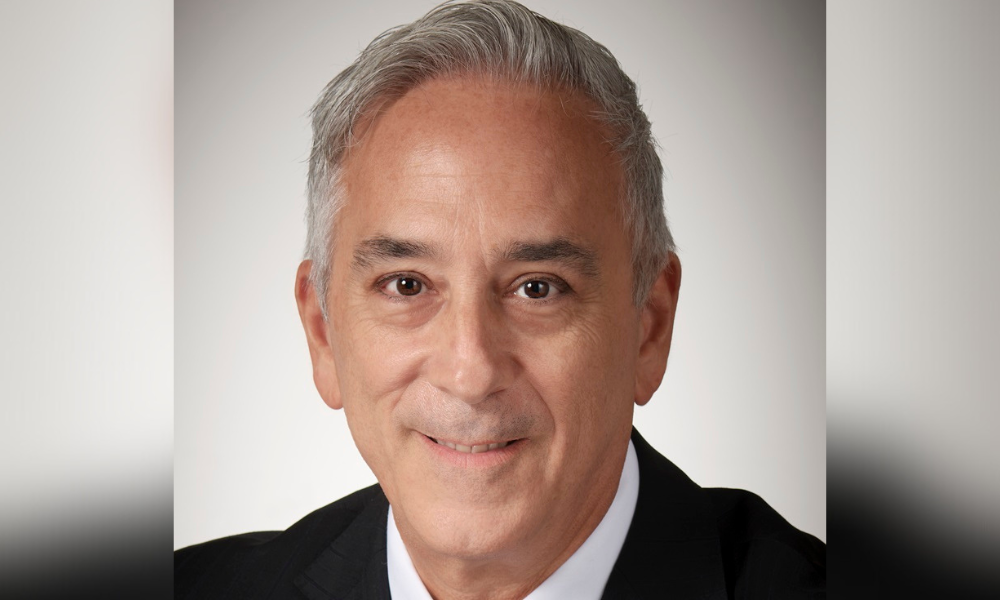How are broker audits changing in Ontario?

How are broker audits changing in Ontario? | Insurance Business Canada
Insurance News
How are broker audits changing in Ontario?
Regulator spotlights the biggest area of opportunity for brokerages
Insurance News
By
Gia Snape
The Registered Insurance Brokers of Ontario (RIBO) has taken steps to modernize its operations, including introducing remedial options to its complaints process and broadening its broker audit program.
According to RIBO CEO Patrick Ballantyne (pictured), the changes are part of broader modernization efforts within the regulator and are geared toward enabling RIBO to better fulfill its public protection mandate.
“We’ve refined our complaints committee process to focus on determining appropriate outcomes,” Ballantyne told Insurance Business.
“In the past, it was mainly about whether the investigator did their job and if there was sufficient evidence to refer a matter to a complaints or discipline committee for a full hearing. Now, we’ve introduced a new process where if there is a third option, such as sending the broker to take a licensing course or a communications course, we can act in a more remedial capacity.”
The new approach aims to benefit both the consumer who made the complaint and the broker. It avoids full-blown hearings for less serious issues and enables RIBO to address concerns more efficiently, said Ballantyne.
Broker audits – what’s changed?
Additionally, RIBO has introduced a modular, risk-based and digital audit program that examines various aspects of brokerage businesses beyond financial compliance. There are now 13 modules, allowing for a tailored approach based on the brokerage’s risk profile.
In the past, RIBO audits or “spot checks” focused on financial requirements to ensure that funds were being properly managed, and that capital was in place to ensure the business’s resilience.
Ballantyne explained that as brokerages became bigger organizations through consolidation, they were becoming better run from a financial perspective.
“But we knew that, with the code of conduct built into our regulations, there was an opportunity to help licensees improve their compliance,” he said. “We determined that a broader audit is appropriate. So now, in addition to financial matters, we’re looking at more conduct-related items.”
These include looking at the role of a principal broker, fair treatment of customers, renewals, and changes to their licensees.
“It’s a tremendous opportunity to offer better practices to licensees, which will ultimately benefit the consumer,” Ballantyne added.
The biggest area of improvement for brokers
Amid this broader lens of viewing brokers, RIBO has uncovered one major area of improvement: documentation.
“Brokers need to better document their actions and the steps they take,” Ballantyne said. “During our audits, we didn’t find a tremendous amount of non-compliance, but we did see room for improvement in how brokers document their compliance.”
The good news is that there is a dearth of new tools and technologies available for brokers and agents to ramp up their documentation.
Ballantyne added: “Whether it’s writing it down on paper, putting it in a binder, or using a broker management system, we strongly encourage brokers to utilize these tools.”
What are the other changes at RIBO?
The Ontario regulator, which is marking its 43rd year in October, is bolstering its education initiatives and will soon release a discussion paper on licensing, which may include mandatory pre-exam courses and different licensing levels.
As part of its technology modernization, it launched a bespoke licensing and IT registration system earlier this year. It is also preparing to unveil a website overhaul by the end of the year, which aims to improve navigation and content for all users.
“This development is significant for us,” said Ballantyne. “As our renewal period has just started, [the IT registration system] is being tested seriously and performing well.”
Additionally, under its voluntary MGA (managing general agency) licensing regime, RIBO has refined its operations and now has 76 licencing MGAs.
“The role of the broker or intermediary, including the agent, remains unchanged. They must understand their client’s needs and circumstances, be knowledgeable about available products, make informed recommendations, and document everything,” he said.
“However, the complexity of risks and products requires brokers to commit to lifelong learning and make use of continuing education to better serve their clients. They need to understand the various risks and expand their knowledge.”
What are your thoughts on the changes at RIBO and its updated complaints and audit processes? Please sound off in the comments.
Related Stories
Keep up with the latest news and events
Join our mailing list, it’s free!






